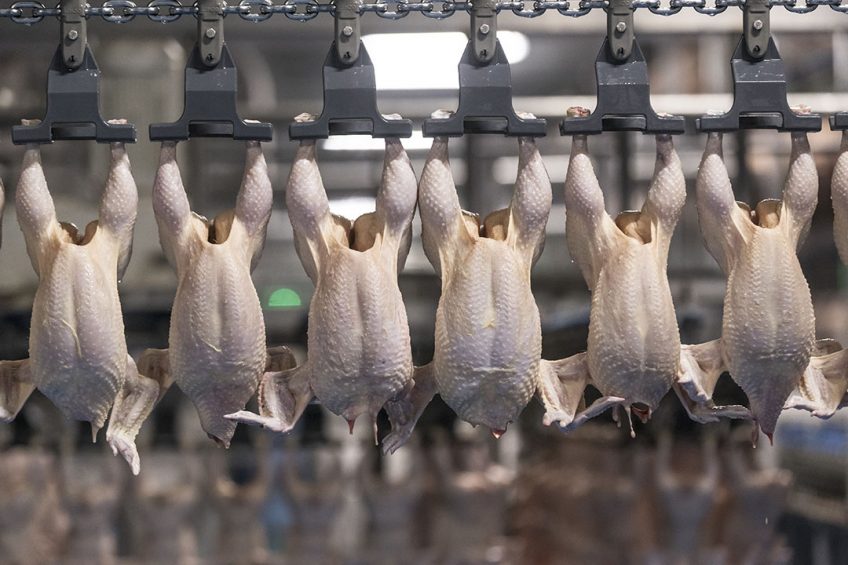Concerns grow over US involvement in UK poultry industry

Research showing that half of the UK’s chickens are now being produced either fully or partly by companies controlled by US agribusinesses has prompted concerns about American influence in the British food sector.
The study, by the Bureau of Investigative Journalism, analysed industry data, which shows that Moy Park – owned by Pilgrims Pride, now produces 312 million birds a year, while Avara Foods – a joint venture between US company Cargill and the UK’s Faccenda Foods – slaughters 234 million birds. About one billion birds are killed in UK abattoirs every year. The research also found that the number of industrial sized poultry and pig units requiring a permit has risen by 7% since 2017 from 1,669 to 1,786, with the vast majority being poultry farms.
The reality is that farming animals isn’t a big profit maker for farmers, who have been relegated to commodity servants to big food corporations, producing at or below the cost of production.” – Philip Lymbery, Compassion in World Farming.
Philip Lymbery, chief executive of Compassion in World Farming, said the increase in size was due to decades of encouragements to factory farms, distorted markets and for some sectors subsidies. “The reality is that farming animals isn’t a big profit maker for farmers, who have been relegated to commodity servants to big food corporations, producing at or below the cost of production. Hooked on a treadmill, some see getting bigger and more intensive as their only hope.”
But Gary Ford, NFU chief poultry adviser, said uncertainty over farming subsidies post-Brexit and increased demand had forced farmers to diversity, particularly into poultry farming, which was an attractive industry for both existing farmers and new entrants. Ford said welfare standards in the UK were among the highest in the world: “British farmers already operate to some of the highest animal welfare and environmental standards in the world and it’s crucial we recognise that animal husbandry and stockmanship are the greatest factors that determine animal health and welfare – not the size or system or production.”
Join 31,000+ subscribers
Subscribe to our newsletter to stay updated about all the need-to-know content in the poultry sector, three times a week. Beheer
Beheer











 WP Admin
WP Admin  Bewerk bericht
Bewerk bericht